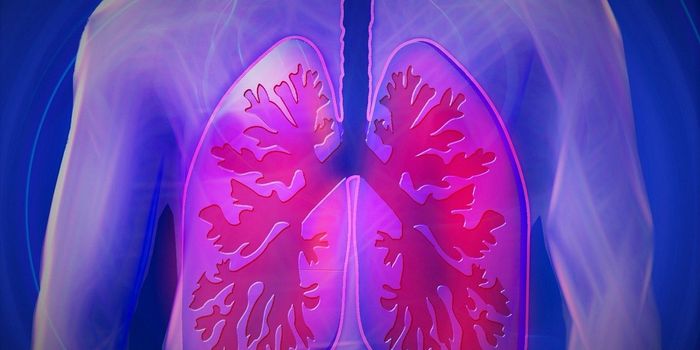Awareness of a Real Diagnosis is Spreading Online
It seems that some people cannot burp, which can lead to serious discomfort like chest and abdominal pains. The diagnosis was given an official name in 2019: retrograde cricopharyngeus dysfunction or albechia, also known as no-burp syndrome. The problem arises in a long, tubular muscle called the upper cricopharyngeal muscle, which moves food from the throat into the stomach. But in some people, it won't move back up or relax to allow air out of the body. That air is trapped until it's released as flatulence.
There have been sporadic case reports of the problem since the 1980s. These individuals were experiencing real pain because their upper esophageal sphincters would not relax, and the the upper cricopharyngeal muscle wouldn't move up. Now, there is growing recognition of the problem among clinicians and insurance companies, and a way to treat it. An online community that discusses the problem - a subreddit on Reddit now has over 31,000 members, and it includes some posts by people who are finding relief after being treated for their condition.
The first patient was a man who wanted to pursue his dream of skydiving, but was being stymied by chest pain and bloating, which got worse whenever he took a flight. He had gone to ten different doctors, none of whom believed what he was telling them. Then he stumbled on a YouTube video by a doctor who was describing the use of Botox to treat some throat issues. The patient, Daryl Moody, reached out to the laryngologist, Robert Bastian, who agreed to perform a Botox injection to relax the muscle, and allow the Moody to burp. The Botox fixed his problem, and Moody has since been on hundreds of skydiving adventures.
Robert Bastian gave the condition a name, and devised the treatment. About 1,800 people have now been treated by him and his colleagues at a cost of about $4,000 per person. Some insurance companies may take issue with Botox procedures, and other clinicians offer the procedure to patients out of pocket for a low cost. Clinicians don't know why it onlyl takes one injection to fix the issue, which does not seem to return.
Gastroenterologist André Smout of the University of Amsterdam had his doubts about the condition until he saw patients with the problem in the clinic. Smout and colleagues gathered eight patient volunteers who were given carbonated drinks. The clinicians could observe the patients' inability to belch after this stimulus, and the patients were then treated with Botox. That treatment was successful.
"We had to admit that it really existed," Smout said. Now, Smout has written a report about the trial and published it in Current Opinion in Gastroenterology. While he suggested that this condition may not be as rare as thought, Smout also opined that the Botox may have a placebo effect as well. Whatever the case, many patients are thrilled to be finding recognition and relief.
Sources: KFF Health News via Medical Express, Current Opinions in Gastroenterology









